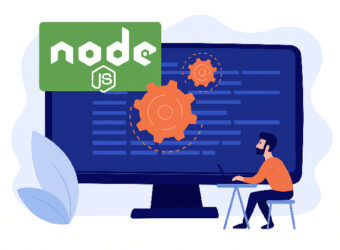Type casting is the process of converting a variable from one data type to another. This is important when you want to perform operations between different data types or assign values between incompatible types.
Implicit Casting (Automatic Conversion):
Implicit casting happens automatically by the compiler when converting a smaller data type to a larger one, without losing information. For example, when assigning an int to a float, the int value is automatically promoted to float.
Explicit Casting (Manual Conversion):
Explicit casting is done manually by the programmer using cast operators. This forces a conversion from one type to another, even if there might be data loss or incompatibility. It requires specifying the target type in parentheses before the value.
Example:
float pi = 3.14;
int value = (int) pi; // Explicitly casting float to int
In this example, the floating-point number 3.14 is converted to an integer, resulting in 3. The decimal part is truncated.
Why Type Casting is Necessary?
Type casting ensures compatibility when mixing different data types in expressions. It prevents unexpected results and helps maintain the accuracy of operations by converting data to the proper type.
Cautions with Type Casting:
Improper casting can cause data loss, especially when converting from a larger to a smaller type, or can lead to errors in pointer and memory operations. Always use casting carefully and understand its effect on the data.

